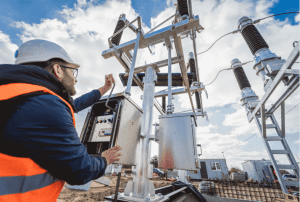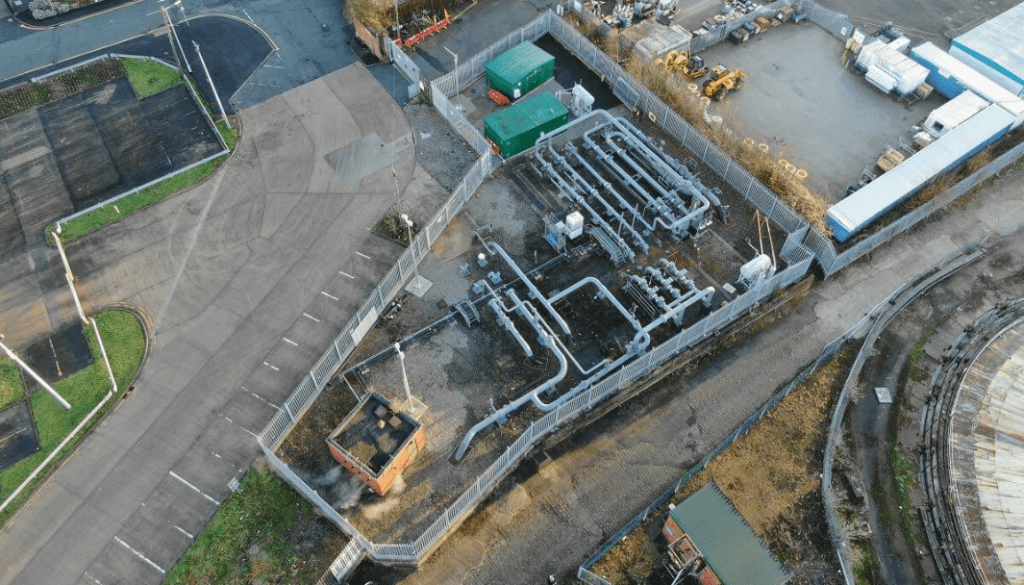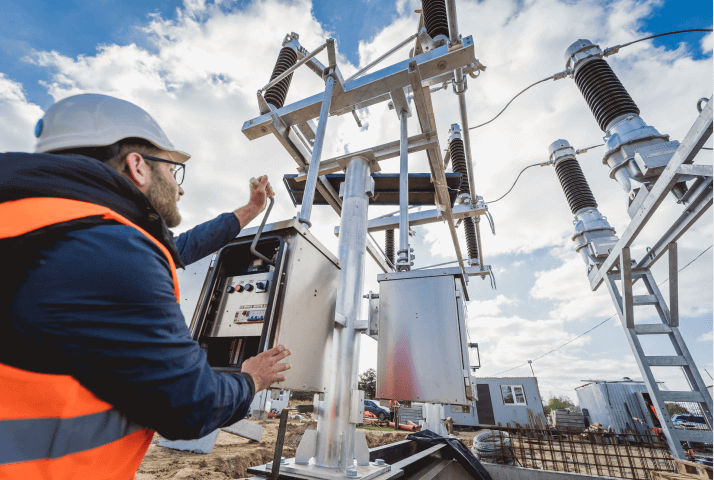At Jason Rowley Ltd, we are often asked to clarify the confusion surrounding different SCO modules, especially SCO Core and SCO RO.
It’s not surprising, the Safe Control of Operations scheme includes several modules, and knowing which ones you actually need can feel a bit like trying to read a map without a legend.
If you work in or around the gas industry, understanding the difference between SCO Core and Routine Operations (RO) is key to staying compliant and ensuring proper job training.
So, let’s explain it in plain English and help you determine which path is right for you.
What Is SCO Core (Module 1)?
SCO Core, or Module 1, is the foundational course in the SCO suite. It’s where everything starts, and it lays the groundwork for understanding how Safe Control of Operations works across the gas network.
If you’ve never done any SCO training before, this is your first stop. SCO Core is all about making sure you understand the principles behind safe systems of work, the responsibilities different people have on site, and how those systems help prevent accidents and maintain control in what is, let’s face it, a pretty high-risk environment.
This module covers the basics, such as permits, authorisations, deviations, and emergencies. It doesn’t discuss specific types of jobs or activities, but it gives a broad overview of the procedures, why they exist, and how they link together.
Whether you’re a Competent Person or an Authorising Engineer, you’ll need to have Core under your belt before you can move on to any of the more specialised modules. Think of it as your entry ticket to the rest of the SCO scheme.
What Is SCO RO (Routine Operations, Module 4)?
Now, let’s talk about SCO RO, which stands for Routine Operations. This is Module 4 in the scheme and is aimed at those who carry out or oversee regular, repeatable gas operations under established procedures.
The keyword here is “routine”; we’re not talking about unusual or high-risk tasks but the standard operations that take place across the gas network every day.
Routine Operations could include things like regular maintenance, valve operations, pressure checks, and similar tasks that follow a standard method. SCO RO goes deeper than Core by focusing on the specific processes, documentation, and responsibilities tied to these day-to-day activities.
If your role involves physically doing this kind of work or authorising it, then SCO RO is the module that gives you the procedural knowledge and awareness to do it safely and in line with industry expectations.

Core vs RO – Key Differences
So what’s the actual difference between SCO Core and RO? In simple terms, Core gives you the overview, while RO drills into the details.
Core is about understanding the principles behind all SCO procedures, whereas RO is about applying those principles to routine, practical tasks.
Core is required for anyone entering the SCO framework, but it doesn’t give you the specific know-how to carry out or authorise routine operations; that’s where RO comes in.
The other key difference is risk. Core training is all about recognising what’s involved in managing safety across the network, but RO deals with the actual responsibilities and controls for managing risk during daily work.
If you’re only attending meetings or involved in planning, Core might be enough. But if you’re involved in the physical side of operations or you’re signing off work as an Authorising Engineer, RO is what you need.
Who Typically Needs Core? Who Needs RO?
If you’re new to the gas industry or you work in a supporting role that doesn’t involve direct gas operations, Core might be all you need. It gives you the essential knowledge to understand what’s going on, participate in discussions, and appreciate your place within the wider system.
This is especially true for admin staff, planners, or new entrants who aren’t yet involved in front-line work.
On the other hand, if you’re hands-on with gas operations or you have responsibility for authorising or carrying out routine tasks,
RO is the module that’s designed for you.
That includes field engineers, team leaders, supervisors, and anyone else expected to carry out or approve work that falls under routine procedures.
Without RO, you’d be missing the detailed knowledge needed to do those jobs safely and by the book.

Situations Where You’ll Need Both
In many roles, you’ll need to complete both Core and RO. This is especially common as people progress in their careers. You might start with Core, and as your responsibilities increase, RO becomes a necessary step.
It’s also required if you’re renewing under the updated SCO scheme, where modules are more tightly integrated and layered to reflect real-world practices.
If you’re acting as an Authorising Engineer or Competent Person and you’re involved in both planning and executing work, holding both modules ensures you’re compliant and confident in your role.
It also shows employers and site managers that you’re fully prepared, which is crucial for maintaining a safe working culture.
Renewal Paths for Core vs RO
Once completed, both Core and RO are valid for five years. The process for renewing depends on how long it’s been since you took the course and whether your EUSR registration is still valid.
If your cards are current, you can usually attend refresher sessions. If they’ve expired, you might need to complete the full course again. The key thing is to plan ahead, don’t leave it until the last minute.
We always recommend checking your renewal dates in advance, especially if your job role requires you to have both modules.
Keeping everything valid means you won’t face any delays or restrictions regarding site access or project work.
Picking the Right SCO Training, Speak To Jason Rowley Today
Choosing between SCO Core and SCO RO or deciding whether you need both doesn’t have to be complicated. Core gives you the foundation, and RO builds on that with the detail needed for routine, practical work.
If your role is evolving or if you’re stepping into new responsibilities, both will be useful, if not essential.
Whatever path you’re on in the gas industry, having the right SCO training helps you stay safe, stay compliant, and stay ready for whatever the job throws your way.
And as always, if you’re unsure, just give us a shout; we’re here to help.




